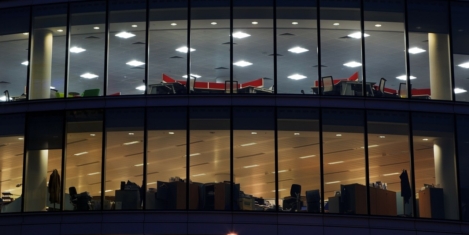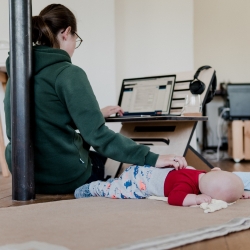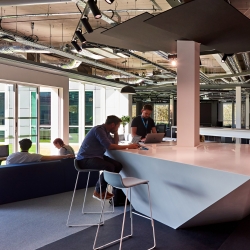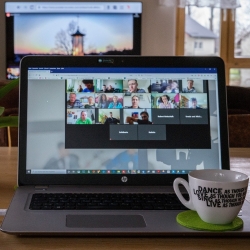To provide the best experiences, we use technologies like cookies to store and/or access device information. Consenting to these technologies will allow us to process data such as browsing behaviour or unique IDs on this site. Not consenting or withdrawing consent, may adversely affect certain features and functions.
The technical storage or access is strictly necessary for the legitimate purpose of enabling the use of a specific service explicitly requested by the subscriber or user, or for the sole purpose of carrying out the transmission of a communication over an electronic communications network.
The technical storage or access is necessary for the legitimate purpose of storing preferences that are not requested by the subscriber or user.
The technical storage or access that is used exclusively for statistical purposes.
The technical storage or access that is used exclusively for anonymous statistical purposes. Without a subpoena, voluntary compliance on the part of your Internet Service Provider, or additional records from a third party, information stored or retrieved for this purpose alone cannot usually be used to identify you.
The technical storage or access is required to create user profiles to send advertising, or to track the user on a website or across several websites for similar marketing purposes.
 Tarkett, a provider of innovative flooring and sports surface solutions, has released the findings of the first of three Rethinking Workplace Surveys, which it is undertaking in collaboration with WKSpace. Questioning global office workers on their perceptions and experience of work and the office, the Rethinking Workplace Surveys will provide valuable insights into how best practice workplace design must adapt to the dramatic impact of the Covid-19 pandemic. (more…)
Tarkett, a provider of innovative flooring and sports surface solutions, has released the findings of the first of three Rethinking Workplace Surveys, which it is undertaking in collaboration with WKSpace. Questioning global office workers on their perceptions and experience of work and the office, the Rethinking Workplace Surveys will provide valuable insights into how best practice workplace design must adapt to the dramatic impact of the Covid-19 pandemic. (more…)








 New research by management consultancy
New research by management consultancy 
 A new report, released by workplace design consultancy,
A new report, released by workplace design consultancy, 
 Work-life balance charity
Work-life balance charity 
 New research commissioned by
New research commissioned by 
 Working from home may have been an adjustment at the start of the pandemic lockdown, but according to
Working from home may have been an adjustment at the start of the pandemic lockdown, but according to 


 A new global study by
A new global study by 


 A new model of competitiveness devised by academics at
A new model of competitiveness devised by academics at 







October 28, 2020
It`s not just businesses that need to wake up to changes in the way we work. Governments do too
by Jeremy Stein • Comment, Workplace design